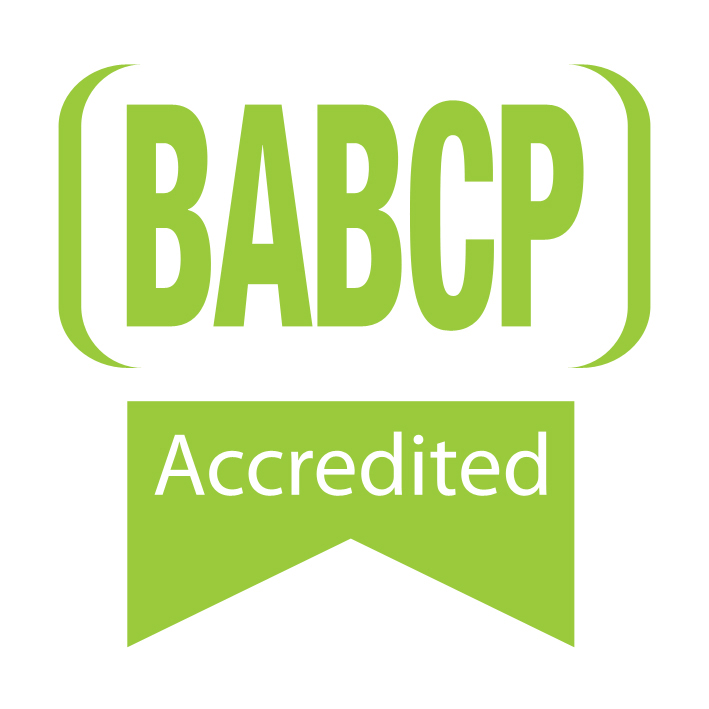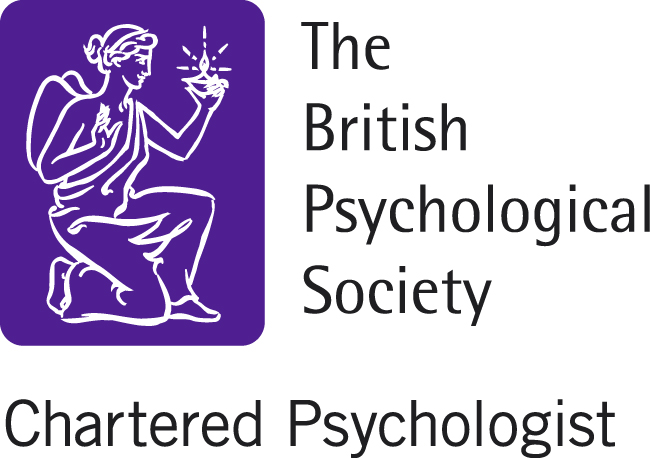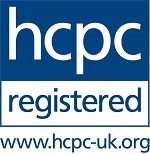FEES and FAQ:
FEES:
An ASD assessment costs £1,250. This is a fixed fee. Unlike other providers we do not charge additional, hidden, follow-up fees if we need to gather further information during the ASD diagnostic process.
For further details of the assessment process see link back to page… ASSESSMENT OF AUTISM SPECTRUM DISORDER
An ADHD assessment costs £950. Unlike other providers we do not have charge additional, hidden, follow-up fees if we need to gather further information during the ADHD diagnostic process.
For further details of the assessment process see link back to page… ASSESSMENT OF ADHD
A Tic / Tourette’s assessment costs £950. Unlike other providers we do not have charge additional, hidden, follow-up fees if we need to gather further information during the Tic / Tourette’s diagnostic process.
For further details of the assessment process see link back to page… ASSESSMENT OF TIC / TOURETTES
A learning disability / intellectual disability assessment costs £1250. This is a fixed fee. Unlike other providers we do not charge additional, hidden, follow-up fees if we need to gather further information during the diagnostic process.
Unlike other providers we do not have charge additional, hidden, follow-up fees if we need to gather further information during the diagnostic processes.
A therapy session with a senior clinician costs £120 for a 50-minute session. A therapy session with a junior clinician costs £100.
FAQs:
A private assessment with our team can greatly reduce the waiting times that you would experience. For example, in the UK the current NHS waiting time for an ASD assessment is often 24 months or longer.
If you or your child have English as your first language, but you do not have access to a local English-speaking assessment service then we would highly recommend that you access a remote assessment such as the ones that we offer. Many assessments are not valid unless they are conducted in the participant’s native language. For example, somebody may speak the local language relatively well but none the less the assessment should always be in their first language if at all possible.
Yes. We use standardised, internationally recognised assessment tools. Your diagnosis should be recognised worldwide. All of our team are accredited by the Health and Care Profession Council in the UK. You can check our registration credentials here: https://www.hcpc-uk.org/check-the-register/
All of our assessments are accompanied by a detailed assessment report which is yours to keep.
Yes, all of our assessments are offered remotely via videoconferencing tools such as Zoom. Many of our clients are English-speaking expats who are looking for an assessment in their first language.
Our service operates from the UK but serves UK-based and international clients who are living worldwide. All of our assessments are conducted remotely using videoconferencing tools such as Zoom.
No! We can assess people from childhood up into their 60s, 70s and beyond. Many people come for assessment in adulthood or later in life because they are seeking a deeper understanding of themselves.
It is very likely that they will. Generally, however, they would require there to be some level of psychological distress accompanying the neurodevelopmental condition, such as anxiety, stress or low mood.
We use an encrypted, secure and confidential email, messaging and videoconference platform. We use the same level of security as European Union and NHS services demand, whilst also high enough to meet the stringent US HIPAA laws.
We have a variety of days and evenings where we offer appointments. Please contact us to arrange a time that is convenient to you.
Just a computer or smart phone. Ideally you will be able to plug into Ethernet as that can make the video call more stable as wireless sometimes can be affected by thick walls, other people using the line etc. Also, having a headset or earbuds can make your call more private and improve call quality. See our downloadable guide to preparing for your video call. include link?
Internet and technical glitches happen, and working online means this will inevitably occur at some stage. We do everything we can to make sure this doesn’t happen e.g. plugging into ethernet can make a huge difference as can using a modern computer. However, if it does happen we will finish the video call and try going back in; often that solves the problem. If it doesn’t and the problem re-occurs then we will either transfer the call to telephone if appropriate, or cancel the session and make up the additional time free of charge on a different day.
We are registered with the Information Commissioner’s Office for the purposes of storing sensitive information. We are legally bound to protect your information and cannot share it with others unless we are worried about your safety, or that of someone you care for. Online work involves using videoconferencing and other online mediums. We adhere to European Union data protection laws and only use encrypted, secure platforms. We take your data protection very seriously and abide by professional practice guidelines such as the BACP guidelines (link to resources page).
Like all therapists or healthcare providers we have regular clinical supervision. Clinical supervision provides an opportunity for us to reflect on and review our practice; and change or modify our practice and identify training and continuing development needs. In supervision we do not share identifying details of our patients and our supervisors will also treat this information confidentially.
You can contact the HCPC that provides our registration. We would hope that you could talk to us first and we are eager to receive feedback so that we can make our service more effective.
In therapy we avoid what are called ‘dual relationships’. They are when you have a friendship or intimate relationship with someone you have contracted for a professional therapy service. These are unethical and prohibited by all the main professional bodies in their ethical guidelines. This is to protect your wellbeing and make sure that the therapy is as effective as possible. Being a friend on Facebook would be contravening this and therefore we will not respond to friend requests. Following us on Twitter is fine but we won’t respond to any of your tweets as this may betray your confidentiality. More detail can be seen in our social media policy.
Further links and resources
I am worried that I / my child may have Autism, but I don’t know much about it. Where can I go for further information?
A good placed to start is the national autistic society website: https://www.autism.org.uk/
I am worried that I / my child may have ADHD, but I don’t know much about it. Where can I go for further information?
Adult ADHD support and information site: https://aadduk.org/
Children’s ADHD site: http://www.ukadhd.com/what-is-it.htm
UK ADHD support group: http://www.addiss.co.uk/
International ADHD information site: http://www.adders.org/
European ADHD network: http://www.eunetworkadultadhd.com/
US site: https://add.org/
I am worried that I / my child may have Tics / Tourette’s, but I don’t know much about it. Where can I go for further information?
Tourettes Action has a wealth of information about Tics and Tourette’s: https://www.tourettes-action.org.uk/
I am worried that I / my child may have a learning disability, but I don’t know much about it. Where can I go for further information?
Mencap’s website offers clear and detailed explanations about learning disability: mencap.org.uk
Information and advice for people with a learning disability, their families and carers. Services include an online community.
How is Autism diagnosed?
Please see our page: ASSESSMENT OF AUTISM SPECTRUM DISORDER
How is ADHD diagnosed?
Please see our page: ASSESSMENT OF ADHD
How are Tics / Tourette’s diagnosed?
Please see our page: ASSESSMENT OF TICS / Tourette’s
How is a learning disability diagnosed?
Please see our page on IQ TESTING









